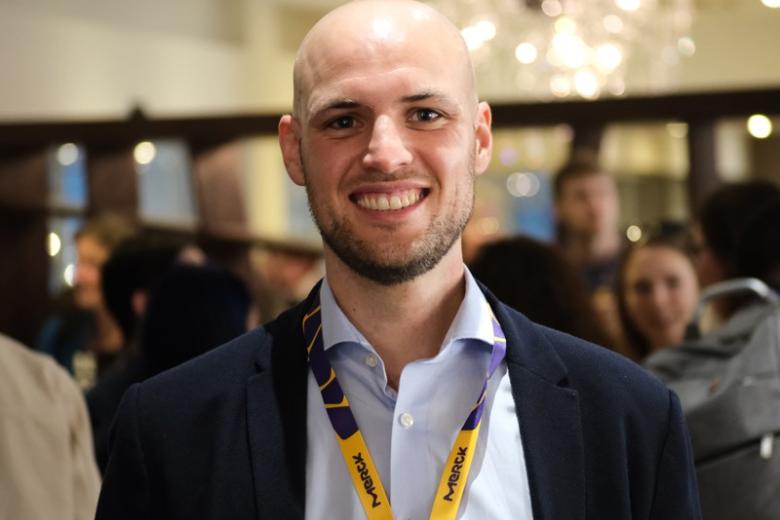Worldwide Universities Network Conference brings five continents to Maastricht University
Next week almost 400 academics from five different continents will descend on Maastricht for the annual conference of the Worldwide Universities Network (WUN), hosted by Maastricht University from 2 to 7 April. The conference is one of the activities UM is organising as part of the celebrations for its 40th anniversary. The programme consists of nine parts, in which academics and university administrators share knowledge and build new partnerships for transnational research on themes important to society. This year, the Migration Conference in particular is highly topical.
The members of WUN come together every year, alternately in Asia/Pacific, Europe/Africa and America. This year’s programme encompasses seven workshops, a Presidents Forum for university administrators and the Annual General Meeting.
Workshops
The Migration Conference will focus, naturally, on the present migration crisis in Europe, but also on labour migration, health migration and transnational families. The Public Health Workshop will discuss a study initiated by WUN in Australia, New Zealand, the United Kingdom, South Africa and China on the resilience and adaptation of young people in their cultural context. In the Workshop on Global Health Partnership, participants will discuss collaborations in the area of sustainable innovations in health. During the in-FLAME Workshop, scientists will address the long-term consequences of early exposure to various substances in nutrition and environment (allergies, obesity, mental health and behaviour).
The WUN China Workshop will take place in Brussels and focus on China’s foreign investment policy and supply chains, addressing concrete topics in nutrition, health, higher education and security. During this workshop, the OECD report The Latin American Economic Outlook 2016 will be launched by Rolando Avendaño, Research Associate at the OECD Development Centre. During the Economics Workshop, participants will present their research on the economic impact of education, knowledge development and climate change, global economic governance, developments in emerging economies and healthy ageing, the labour market and sustainable employment. The International Classroom Symposium will revolve around the theme of internationalisation in higher education.
The Annual General Meeting will return more broadly to the global challenges discussed during the workshops and sets for the direction for the network in the coming year. The university presidents and vice-chancellors will then travel to Brussels to take part in the closing Presidents Forum on Thursday 7 April. The forum will focus on the increasing internationalisation of knowledge through policy networks, such as the United Nations’ Sustainable Development Goals and the COP21 Climate Agreement in Paris. Among the speakers will be Claire Morel of the European Union (Director of International Cooperation, Directorate-General of Education & Culture) and Professor Jean-Pierre Bourguignon, President of the European Research Council.
WUN
The Worldwide Universities Network consists of 18 research universities in 11 countries on 5 continents, including renowned institutions such as the University of Alberta, the University of Cape Town, the University of Sydney and the Chinese University of Hong Kong. Membership is by invitation only. The network offers a platform for collaboration on education and transnational research projects on varied themes of global importance. Maastricht University became a member of the WUN in 2013, as the network’s first and only Dutch university.
More information: http://wun.ac.uk/wun/events/view/wun2016
Also read
-
GROW research: all-in-one test for genetic defects in embryos🧪
Researchers at Maastricht UMC+ and GROW have developed a technique that can analyse the entire genome in a single test, allowing for faster determination of embryos suitable for successful pregnancy.

-
A breakthrough in cultured meat research-animal component free production
A breakthrough in cultured meat research-animal component free production

-
Cross-border inter-organisational cooperation in crime control
The Netherlands Organisation for Scientific Research (NWO) has awarded a grant under the SGW open competition to a research proposal written by Prof Dr Math Noortmann (Institute for Transnational and Euregional cross border cooperation and Mobility / ITEM) and Prof Dr J.B.M. Koning (UM School of...
